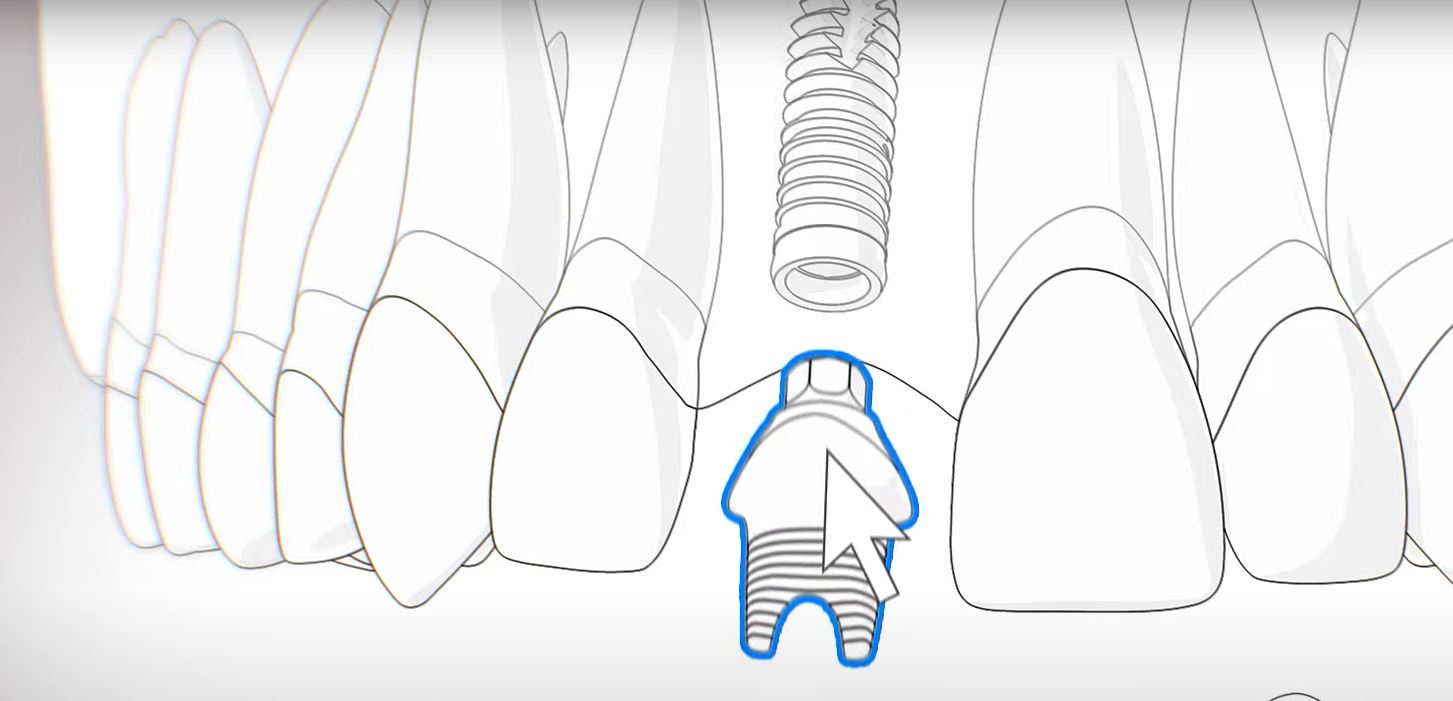
Is It Possible To Remove Dental Implants?
Dental implants are a wonderful invention that can replace one or more missing teeth. Many patients opt for implants instead of using partial dentures, as it has less impact on their lifestyle. Unfortunately, sometimes a patient may end up in a position where removing implants in favour of dentures is a better option, whether that’s through further tooth loss or from implant related problems.
This may leave patients wondering ‘can dental implants be removed?’, and how long the healing process will be. To help give you an idea on the types of situations that would warrant an implant removal, we’ve taken a look at common dental implant problems below.
Can dental implants be removed? Why would someone want to remove dental implants?
Most often, a dentist may suggest removing a dental impact if has failed to take to the gums properly, known as ‘dental failure.’ There are a few reasons this might happen, with most common being the following:
- Peri-implantitis
Peri-implantitis is one of the most common implant related problems, and is likely to occur in patients who smoke, have bad oral hygiene, or diabetes. Peri-implantitis is caused by a buildup of bacteria and can affect both the soft and hard tissue surrounding the implant.
- Dental implant misalignment
If your dental prosthetist hasn’t put the dental implant in correctly, it can cause the implant to protrude and the metal part to become visible. Aside from the aesthetic concerns, it can cause problems with your bite and jawbone such as pain or reabsorption. Luckily, dental implant misalignment can be fixed by a highly trained prosthodontist.
- Your body has rejected the foreign material
There’s always a chance of side effects occurring when something foreign is introduced to your body. Although its unlikely for your body to reject dental implants, given they’re made from metal, it’s still possible for rejection to occur. If this does happen, a patient will likely experience pain and discomfort, and have visible redness surrounding the gums.
- Nerve damage
If your implant has been fixed too close to your nerves by an inexperienced dental implant dentist, it can end up causing nerve damage. A patient experiencing this may have numbing, tingling or pain in the lips, gums, cheek, or tongue.
What is an early implant failure?
An early implant fail refers to an implant failing within the first few months of placement. This is also known as the ‘failed osseointegration’ period, which is the process of the implant anchoring to the gum. This can take several weeks to settle and can fail if there has been too much movement during the healing process.
What is a late implant failure?
A late implant failure can occur up to a year after placement, and can be caused by infection, force, or the implant coming loose naturally.
Can dental implants be removed and replaced with dentures? Yes, but your mouth will need time to heal before you start using dentures. If you originally started out with one implant or more but are now in a situation where full or partial dentures is a more viable option, your implants can be removed. A dental prosthetist may suggest implant retained dentures (a denture that can slide on and off four dental implants) or can remove existing implants if you’d be more comfortable wearing a denture.
